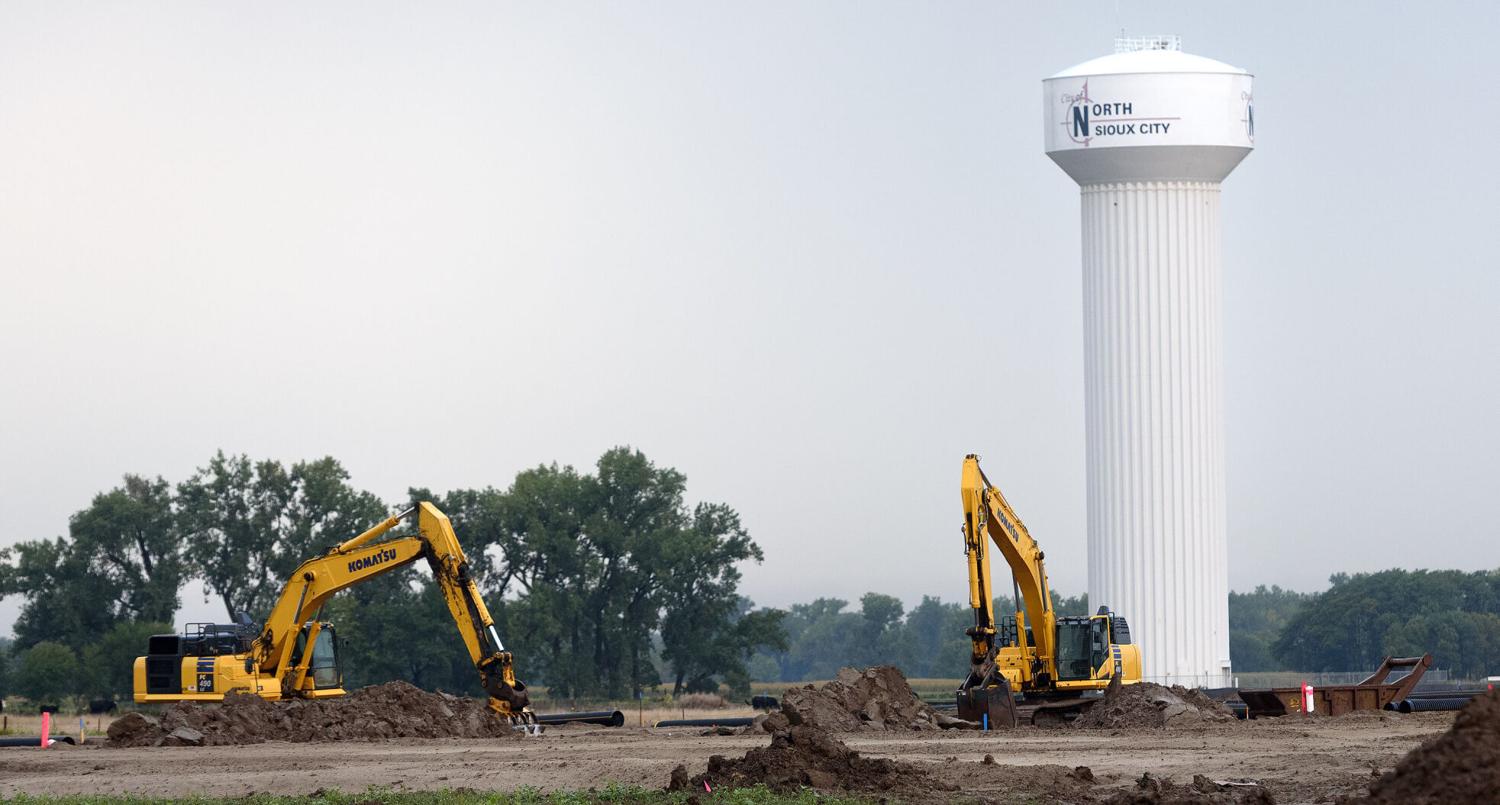By Emily Hung
Copyright scmp

Hong Kong authorities plan to open up more public museums for commercial and private hiring to boost revenue, the culture minister has said, pointing to the use of New York’s Metropolitan Museum of Art for events such as the Met Gala.
Secretary for Culture, Sport and Tourism Rosanna Law Shuk-pui on Sunday expanded on proposals announced in last week’s annual policy address, with the planned measures including offering tailored luxury tours for high-spending visitors.
“Museums are not a profitable business because the operation is expensive and the tickets are often free of charge or at a reasonable price … if we can have extra income to support the operation, the bureau will fully endorse it,” she said at a press briefing.
“The Hong Kong Museum of Art in Tsim Sha Tsui has a good view of Victoria Harbour after it was renovated, and its quality is high – could it host fundraising galas and fashion shows like New York’s Metropolitan Museum of Art?”
Law said the government would open up more museums for commercial and private hire after they closed at night or on non-operating days, with events that could create synergy and align with the respective institution’s image to be considered.
But she stressed the main purpose was not to make money but to better use such resources.
The policy address also mentioned that private operators would be introduced to certain facilities under the Leisure and Cultural Services Department, including some beaches and the Lei Yue Mun Park holiday camp.
In the press briefing, Law said the public would still have access to those facilities, but private operators would be allowed to introduce value-added services, such as stand-up paddling, snorkelling equipment rental and classes.
She said the government would hold talks with private operators about their proposals, but it was too early to say which beaches would be included in the plan and how much would be reserved for private operation.
“The actual prices will depend on what services the private operators will offer,” she said. “But a basic principle is that beaches cannot be turned into a luxury that becomes off-limits to the general public.”
The government also said it hoped to offer tailor-made luxury tours for high-spending visitors and work with the tourism industry to offer sophisticated itinerary planning, concierge services and premium experiences.
Law said such tourists were a unique group who could arrive in Hong Kong via private jet or yacht and would need “facilitation” while exploring the city.
She said personalised services could be offered to high-spending patrons of the city’s racecourses, Michelin restaurants, theme parks and shopping centres.
“[The itinerary] will very much depend on the preferences and requirements of this group of tourists. We will look into different ways to ensure they have a good experience in Hong Kong,” she said.
To encourage yacht tourism, the government also pledged to provide an additional 600 yacht berths at the ex-Lamma Quarry area, the expanded Aberdeen Typhoon Shelter and the Hung Hom Waterfront projects.
The Airport City’s planned yacht bay will also provide more than 500 berths, including spaces able to accommodate superyachts more than 80 metres (262 feet) in length.
Law said it was too early to examine the actual value of the yacht economy, but added that welcoming such vessels would bring high-value-added customers to the city and benefit a wide range of tourist-related industries.
In a separate press briefing, Secretary for Transport and Logistics Mable Chan said 258 yachts had visited Hong Kong over the past five years, with an increasing number of vessels coming over from mainland China.
She said the government has seen rising demand for yacht tourism and would hold talks with Guangdong provincial authorities to explore measures to facilitate more frequent and easier travel for such boats between Hong Kong and the mainland.



